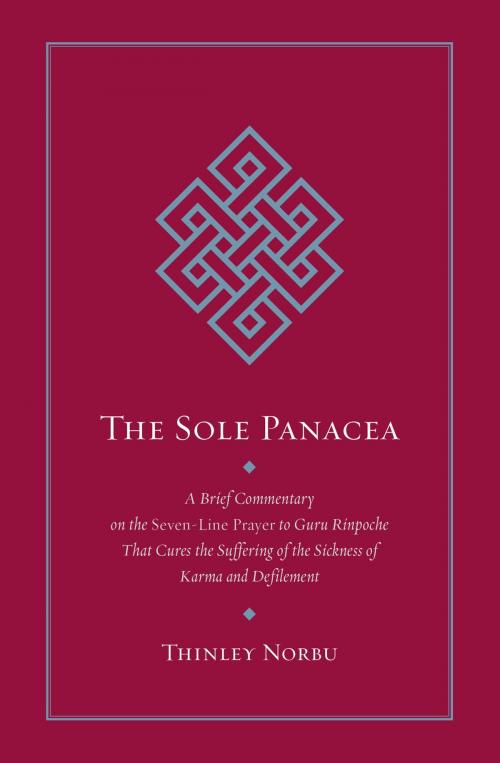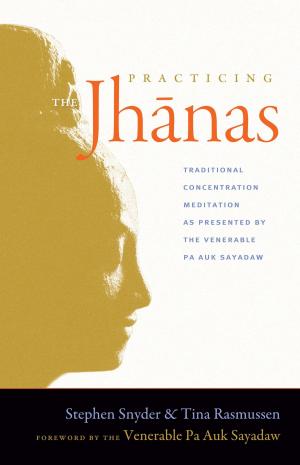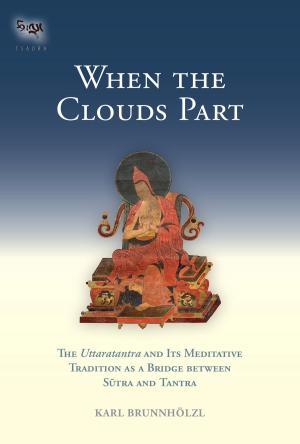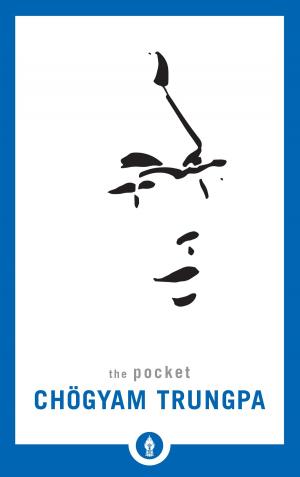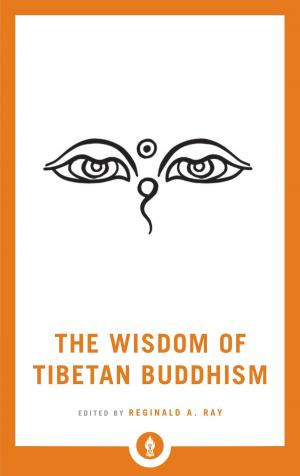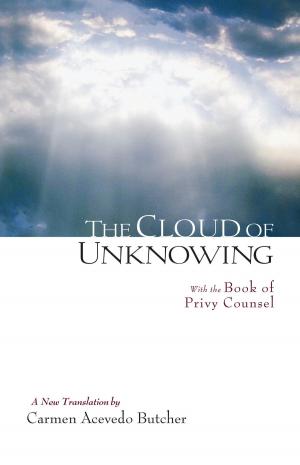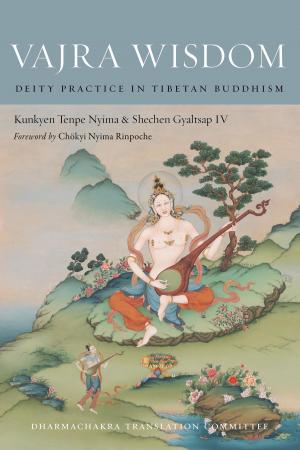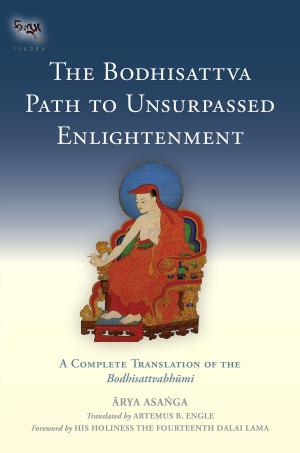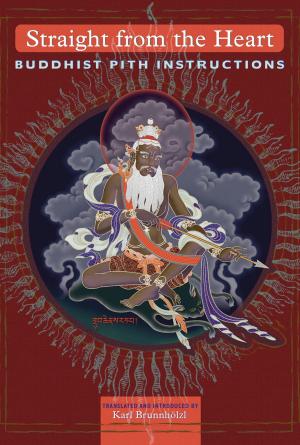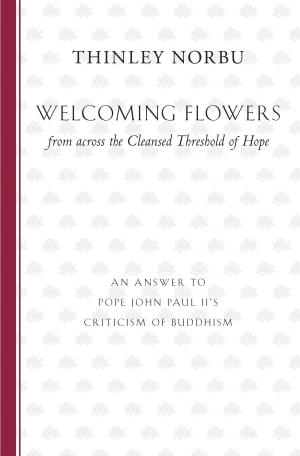The Sole Panacea
A Brief Commentary on the Seven-Line Prayer to Guru Rinpoche That Cures the Suff ering of the Sickness of Karma and Defilement
Nonfiction, Religion & Spirituality, Eastern Religions, Buddhism, Philosophy, Mind & Body| Author: | Thinley Norbu | ISBN: | 9780834830066 |
| Publisher: | Shambhala | Publication: | September 2, 2014 |
| Imprint: | Shambhala | Language: | English |
| Author: | Thinley Norbu |
| ISBN: | 9780834830066 |
| Publisher: | Shambhala |
| Publication: | September 2, 2014 |
| Imprint: | Shambhala |
| Language: | English |
The moment you invoke me, I, Padmasambhava,
Have no choice but to come to bless you.
Of all the heartfelt devotional prayers used as a support for Dharma practice, the Seven-Line Prayer is the most essential, often repeated many thousands of times by practitioners of Tibetan Buddhism. This concise prayer invokes the blessings of Padmasambhava, also called Guru Rinpoche ("Precious Teacher") and known as the Buddha of our time. Guru Rinpoche brought the Dharma from India to Tibet in the eighth century and is the source of the Tibetan Dzogchen tradition, the Great Perfection teachings that awaken the enlightened nature of one’s own mind.
Although the prayer is short and simple, its different levels of meaning make this commentary a welcome study aid for practitioners. Kyabje Thinley Norbu Rinpoche provides an account of the historical origin of the prayer and the power of its blessings, and comments on its two levels of meaning: one, according to the common Mahayana teachings; the other, according to the uncommon Dzogchen realizations. He repudiates various mistaken interpretations and clarifies a number of important philosophical views and meditation methods. The book also includes the text of the Seven-Line Prayer in English and Tibetan.
The moment you invoke me, I, Padmasambhava,
Have no choice but to come to bless you.
Of all the heartfelt devotional prayers used as a support for Dharma practice, the Seven-Line Prayer is the most essential, often repeated many thousands of times by practitioners of Tibetan Buddhism. This concise prayer invokes the blessings of Padmasambhava, also called Guru Rinpoche ("Precious Teacher") and known as the Buddha of our time. Guru Rinpoche brought the Dharma from India to Tibet in the eighth century and is the source of the Tibetan Dzogchen tradition, the Great Perfection teachings that awaken the enlightened nature of one’s own mind.
Although the prayer is short and simple, its different levels of meaning make this commentary a welcome study aid for practitioners. Kyabje Thinley Norbu Rinpoche provides an account of the historical origin of the prayer and the power of its blessings, and comments on its two levels of meaning: one, according to the common Mahayana teachings; the other, according to the uncommon Dzogchen realizations. He repudiates various mistaken interpretations and clarifies a number of important philosophical views and meditation methods. The book also includes the text of the Seven-Line Prayer in English and Tibetan.
